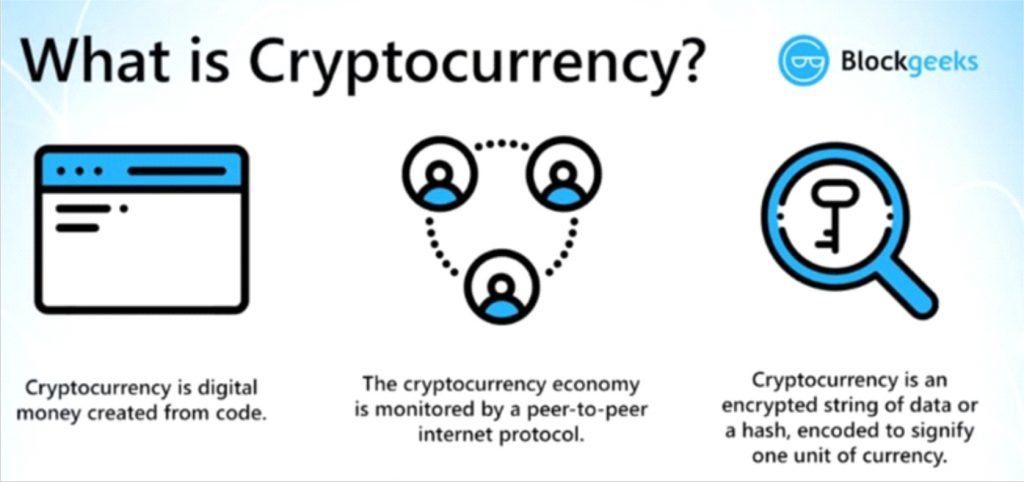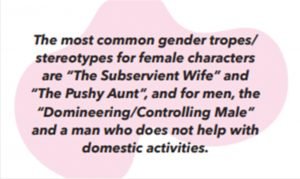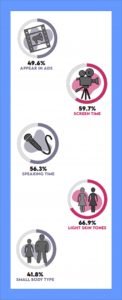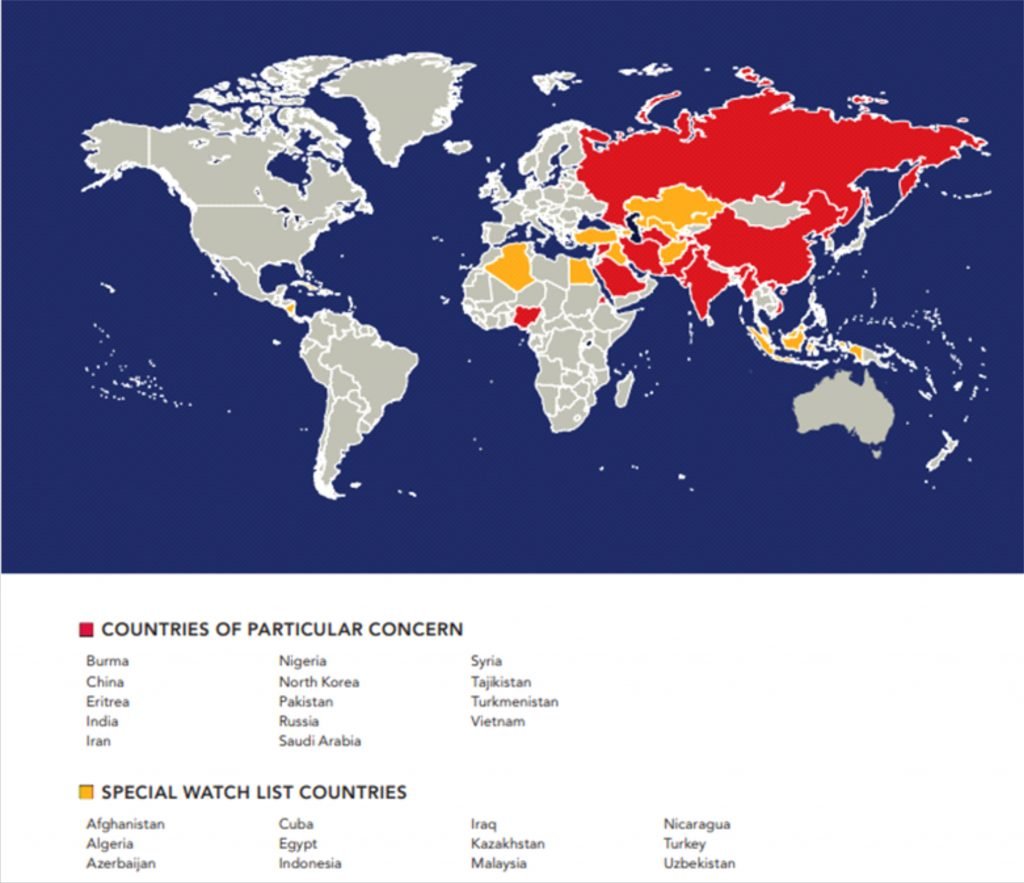Current Affairs (23rd April 2021)
PROHIBIT PRIVATE CRYPTOCURRENCY
CONTEXT:
- The Cryptocurrency and Regulation of Official Digital Currency Bill, 2021, which will prohibit all private cryptocurrencies and lay down the regulatory framework for the launch of an “official digital currency”, was to be introduced in Parliament’s Budget session, but was held up as the government continues discussions with stakeholders.
ABOUT:
- A 3-6 month exit period prior to banning the trading, mining, and issuing of cryptos has been discussed in inter-ministerial discussions.
- The high-power inter-ministerial committee has previously recommended a ban on all private cryptocurrencies.
- Uncertainty over the legal status of cryptocurrencies is unnerving Indian investors who hold around $1.5 billion (Rs 10,000 crore) in digital currencies.
- The government, which plans a law to ban private digital currencies, favours a digital currency backed by the Reserve Bank of India.
- While existing investors could get breathing space to exit their holdings in the event of a ban on trading, mining and holding cryptos, the proposed legal structure may seek declarations of holdings and transactions retrospectively from investors and traders.
RBI and digital currency
- Central banks are exploring DLT (Distributed Ledger Technology) for application in improving financial market infrastructure, and considering it as a potential technological solution in implementing central bank digital currency (CBDC).
- The government is open to supporting a central bank-backed digital currency. A fiat currency cannot have the kind of volatility and fluctuations which is seen in Bitcoin and other cryptocurrencies.
- RBI had expressed concern over other cryptocurrencies, saying they can be used for illegal activities, and pose a threat to financial stability.
- In April 2018, RBI banned banks and other regulated entities from supporting crypto transactions after digital currencies were used for frauds.
- In March 2020, the Supreme Court struck down the ban as unconstitutional. One of the reasons it gave was that cryptocurrencies, though unregulated, were not illegal in India.
- Various start-ups dealing with cryptocurrency have come up in India, such as Unocoin in 2013 and Zebpay in 2014 (Tracxn, 2019). But volatility in Bitcoin prices and instances of fraud have underlined regulatory concerns.
- Both the government and RBI have said they have not authorised or issued regulation for any entity to deal with cryptocurrencies, and individuals dealing with them would bear all risks. RBI has issued several warnings against dealing in cryptocurrencies.
Volatility in prices
- Cryptocurrency prices are too volatile to serve as a fiat currency — govt issued currency which is not backed by gold or any commodity – even as its proponents say volatility would ebb over time with greater acceptance.
- While the current price rise can be attributed to the increased institutional exposure to Bitcoin and global progress in fostering a friendlier legislative environment for cryptocurrencies, it is also the net effect of a large supply reduction coupled with increasing demand.

Earth Day 2021
Context:
- April 22 is celebrated as the Earth Day, an international event celebrated around the world to pledge support for environmental protection.
About:
- The year 2021 marks the 51st anniversary of the annual celebrations. This year’s theme for Earth Day is ‘Restore Our Earth’.
- In 2009, the United Nations designated April 22 as ‘International Mother Earth Day’.
The importance of Earth Day
- Earth Day was first observed in 1970, when 20 million took to the streets to protest against environmental degradation.
- The event was triggered by the 1969 Santa Barbara oil spill, as well as other issues such as smog and polluted rivers.
- For over the next half century, Earth Day continued to play an important role in environmental activism.
- The landmark Paris Agreement, which brings almost 200 countries together in setting a common target to reduce global greenhouse emissions, was signed on Earth Day 2016.
- According to earthday.org, Earth Day aims to “build the world’s largest environmental movement to drive transformative change for people and the planet.”
- The movement’s mission is “to diversify, educate and activate the environmental movement worldwide.”
- According to the United Nations, International Mother Earth Day is celebrated to remind each of us that the Earth and its ecosystems provide us with life and sustenance.
- This Day also recognizes a collective responsibility, as called for in the 1992 Rio Declaration, to promote harmony with nature and the Earth to achieve a just balance among the economic, social and environmental needs of present and future generations of humanity.
- This day provides an opportunity to raise public awareness around the world to the challenges regarding the well-being of the planet and all the life it supports.
Theme 2021
- According to earthday.org, this year’s theme focuses on natural processes, emerging green technologies, and innovative thinking that can restore the world’s ecosystems.
- In this way, the theme rejects the notion that mitigation or adaptation are the only ways to address climate change.
- It is up to each and every one of us to Restore Our Earth not just because we care about the natural world, but because we live on it. We all need a healthy Earth to support our jobs, livelihoods, health & survival, and happiness. A healthy planet is not an option — it is a necessity.
Harlequin Ichthyosis
Context:
- Odisha reported its first-ever case of a baby born with harlequin ichthyosis, a rare genetic condition.
About:
- Disease was an extremely rare genetic disorder that resulted in thickened skin forming over nearly the entire body at birth.
- The disease affected one in three million births and is caused due to a mutated gene inherited from the parents.
- The disease sees the skin form large diamond-shaped plates across the body that are separated by deep cracks (fissures).
- The skin is dry and scaly, almost like fish skin and hence the term ‘icthyosis’, derived from ‘ikthus’, Greek for fish.
- Mutations in the ABCA 12 gene are stated to cause harlequin ichthyosis. The ABCA12 protein plays a major role in transporting fats in cells which make up the outermost layer of skin.
- Severe mutations in the gene lead to the absence or partial production of the ABCA12 protein. This results in lack of lipid transport and as a result, the skin development is affected by varying degrees according to the severity of the mutation.
- India’s first recorded case of a baby born with harlequin ichthyosis was in 2016, in Nagpur, Maharashtra. Such cases were also reported in Delhi, Patna and West Bengal.
- The infants could not survive for long and succumbed to the disease days after birth.
Gender Bias and Inclusion In Advertising In India
CONTEXT:
- Gender Bias and Inclusion In Advertising In India has been released by the United Nations Children’s Fund (UNICEF) and the Geena Davis Institute on Gender in Media (GDI).
About:
- Male characters are more likely to be shown making decisions about their future than female characters (7.3% compared with 4.8%), the latter are twice as likely to be shown making household decisions than male characters (4.9% compared with 2.0%).
- Two-thirds of female characters (66.9%) in Indian ads have light or medium-light skin tones—a higher percentage than male characters (52.1%).
- While girls and women have a strong presence in Indian advertising, they are mostly reinforcing traditional gender roles by selling domestic and beauty products to female consumers.
- Female characters are nine times more likely to be shown as “stunning/very attractive” than male characters (5.9% compared with 0.6%).
- Female characters are also invariably thin, but male characters appear with a variety of body sizes in Indian advertising.


Impact:
- Sexual objectification has serious consequences in the real world. The more girls and women internalize the idea that their primary value comes from being a sex object, the higher their rates of depression, body hatred and shame, eating disorders, and a host of other personal impacts.
- Lack of empowering role models for men undertaking domestic work in the home and women working in the paid workforce.
Recommendations:
- Governing Bodies should establish guidelines for advertising with benchmarks for equitable representation for girls and women and promoting positive gender norms, including around leadership and body attitudes.
- Establish skin color guidelines and caste/class guidelines.
- Promote diverse templates of beauty rather than regressive beauty norms of women and girls being only fair, thin, etc.
- Advocate with advertisers to see value add in diversifying representation in gender, skin tone, and caste/class benchmarks to help promote brand equity and expand the consumer base.
- Content Creators need to be more sensitive and aware towards gender representation.
Countries of Particular Concern (CPCs)
Context:
- The U.S. Commission on International Religious Freedom (USCIRF) has recommended for the second year in a row that the State Department put India on a list ‘Countries of Particular Concern’ (CPCs) for the worst violations of religious freedoms in 2020.
Observations made about religious freedom in India by USCIRF:
- This year, USCIRF said that religious freedom conditions in India “continued their negative trajectory”.
- The government promoted Hindu nationalist policies resulting in systematic, ongoing, and egregious violations of religious freedom.
- It particularly noted the passage of the “religiously discriminatory” Citizenship Amendment Act.
- The report indicated that there was seeming police complicity in the Delhi riots.
- Further, the report alleged that “government action including the acquittal of all individuals accused of demolishing the Babri Masjid mosque—as well as government inaction to address religious violence contributed to a culture of impunity for those promulgating hate and violence toward religious minorities.
Recommendations:
- The administration must impose targeted sanctions on Indian individuals and entities for severe violations of religious freedom.
- Another recommendation was for the administration to promote inter-faith dialogue and the rights of all communities at bilateral and multilateral forums such as Quad.


